As the evening closed in, tourists wearing masks could smell the aroma from the snack stalls along the street in the old town of Kashgar in northwest China's Xinjiang Uygur Autonomous Region.
Kashgar is determined to implement the requirements of preventing the epidemic, maintaining economic stability, and ensuring safe development, said Yao Ning, Party chief of the city. He added Kashgar prepared many packs containing common medicines and epidemic prevention supplies for the citizens, free of charge.
Outside the comprehensive bonded zone in Kashgar, dozens of heavy vehicles lined up for the passage procedure. Ma Haitao, director of the zone's management committee, said factories and warehouses covering 250,000 square meters have been built this year.
According to Urumqi customs, in the first 11 months of this year, the foreign trade volume of the zone was 23.1 billion yuan (3.3 billion U.S. dollars), up 805.5 percent year on year, accounting for 54.1 percent of Kashgar's foreign trade volume.
During the same period, the foreign trade of Xinjiang reached 219.4 billion yuan, up 59.8 percent year on year, 51.2 percentage points higher than the national growth rate.
Xinjiang has launched support activities for enterprises. These focus on coordinating and solving problems in product sales, procurement of raw materials and equipment spare parts, key project construction, and materials transportation to eliminate bottlenecks in their industrial and supply chains and promote stable employment.
In a plant of Shaanxi Automobile Xinjiang Automobile Co., Ltd. in Urumqi, the region's capital, workers were completing engine erection, oil filling and other procedures on the assembly line.
"Our company's special vehicle products, such as engineering dump trucks and road transport tractors, are not only sold to the local market but also increasingly favored by the markets of Central Asia and Russia. The prospects for sales are good in countries along the Belt and Road," said Shi Xinli, the company's deputy general manager.
The company is now in full production to ensure that the annual target is achieved, Shi added.
Xinjiang is making plans to resume work and production in different sectors to actively promote the orderly rotation of people, logistics, capital and information flow to boost economic recovery.








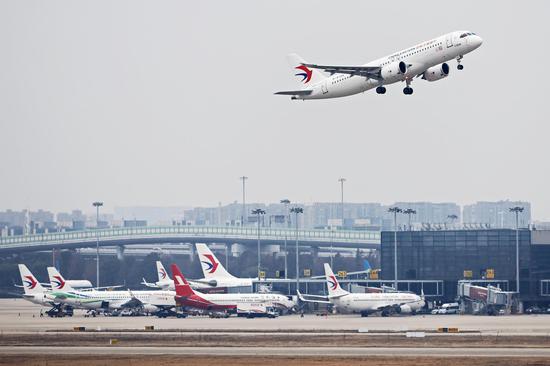
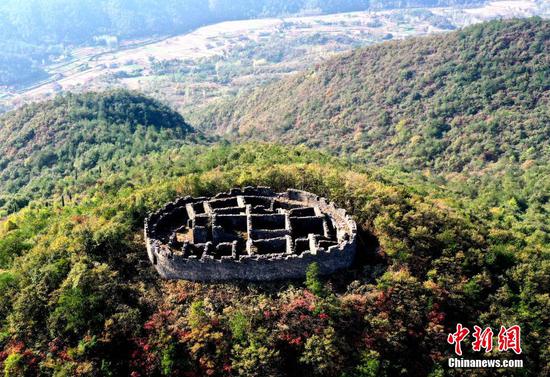

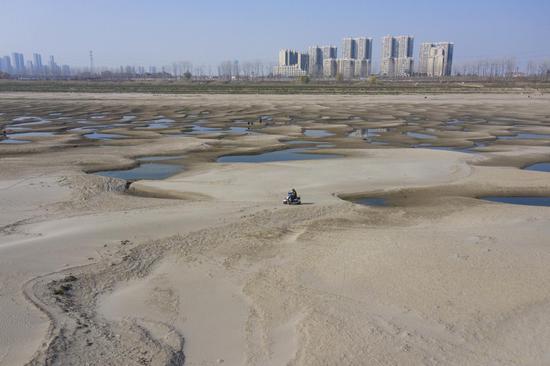
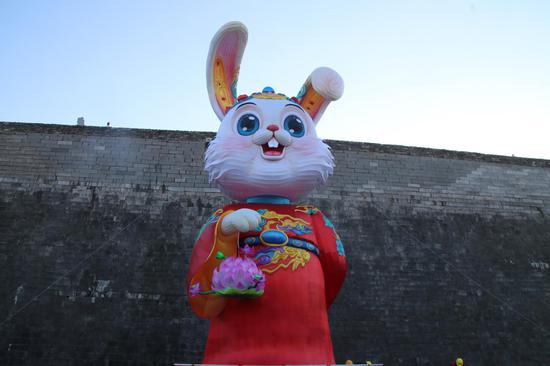


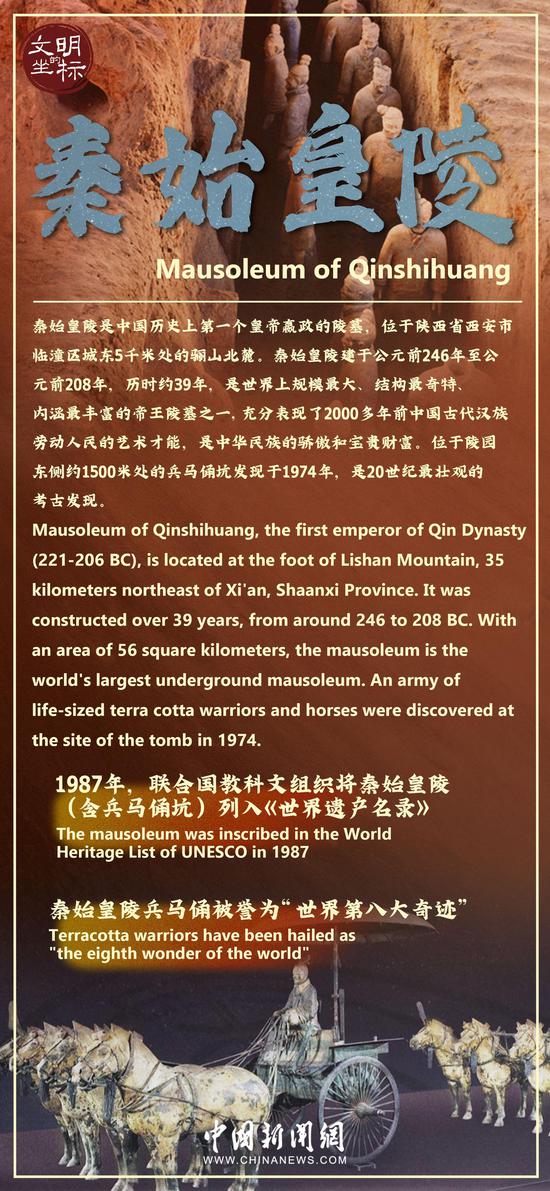
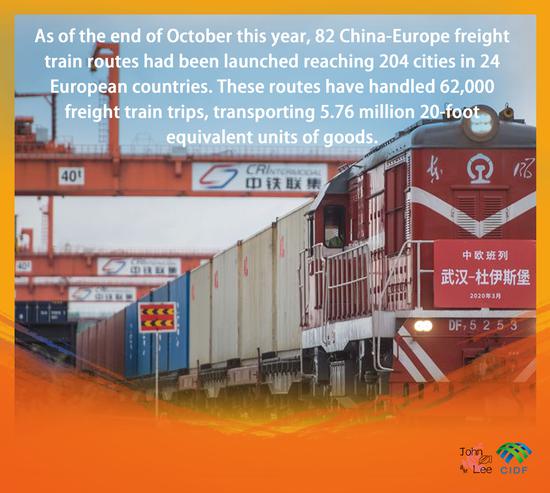
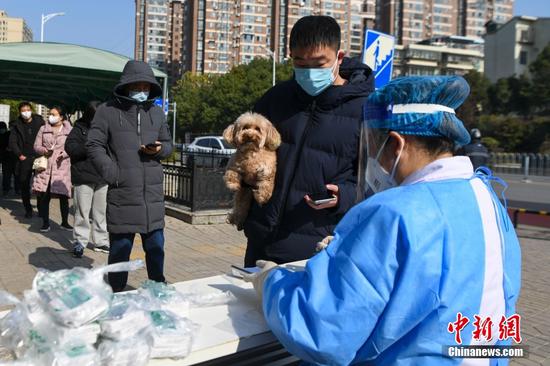
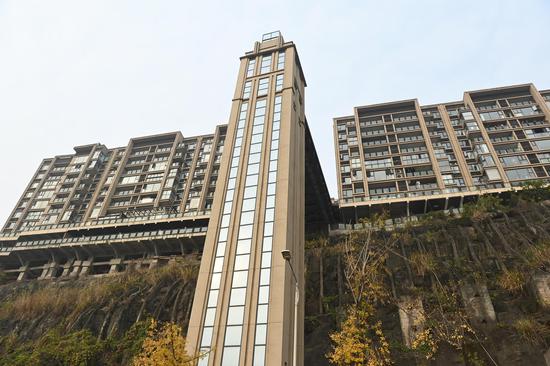


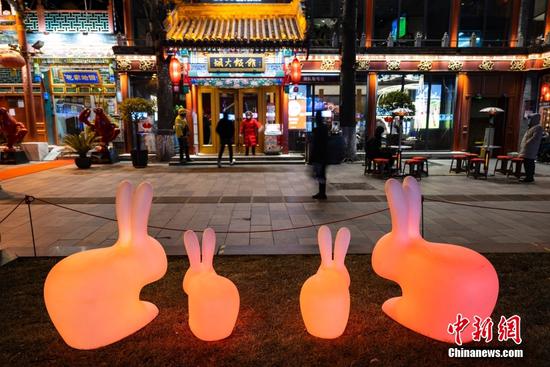
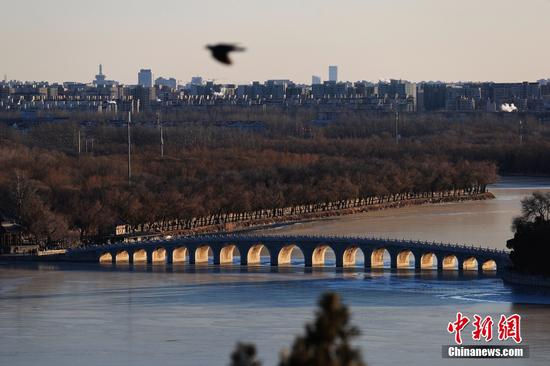


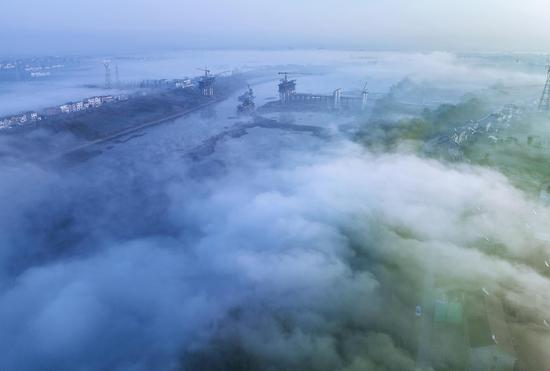

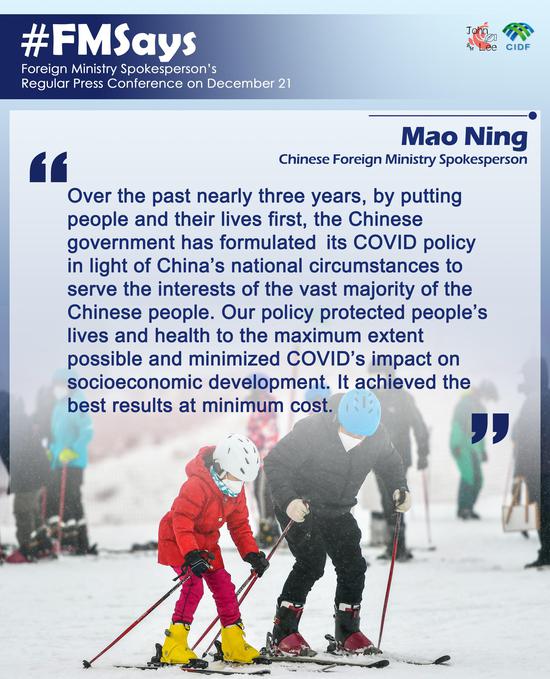
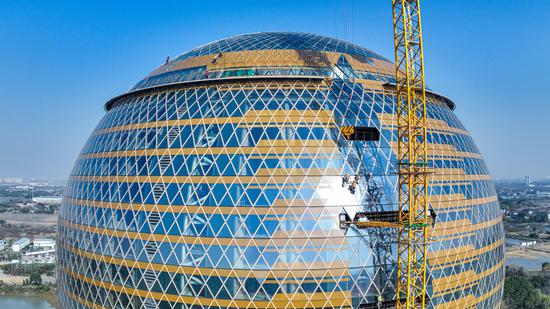
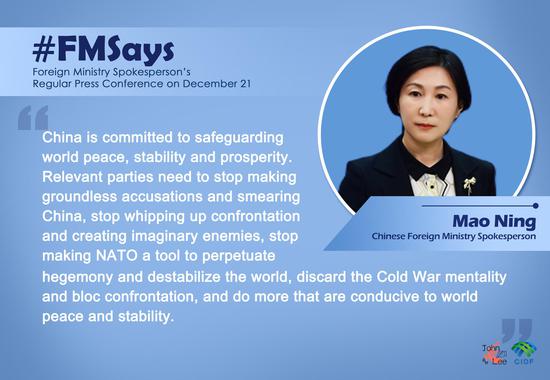




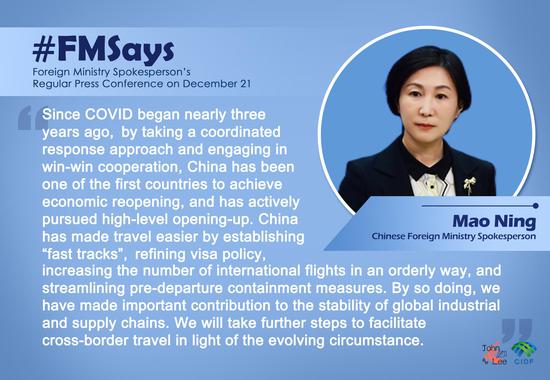
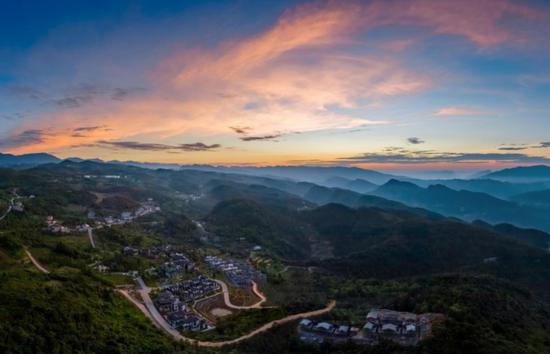
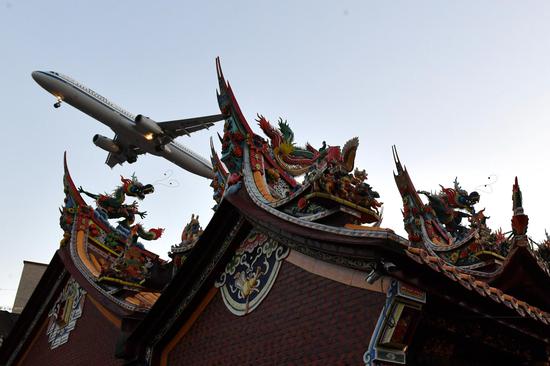

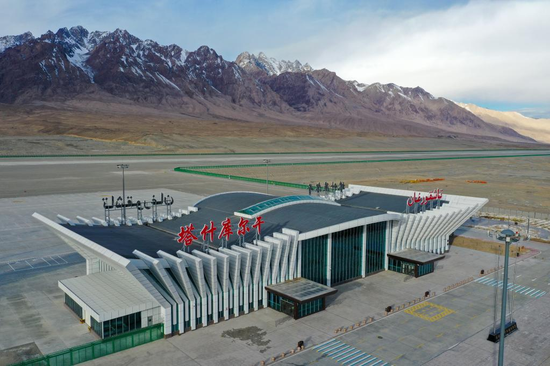
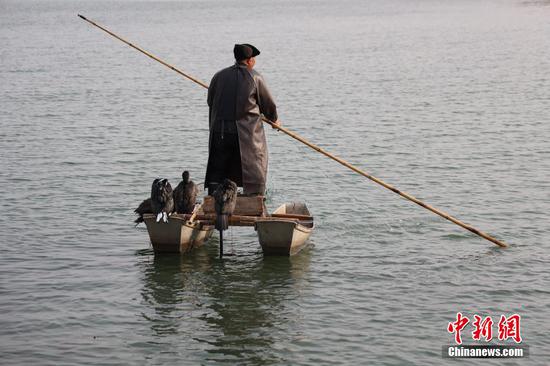

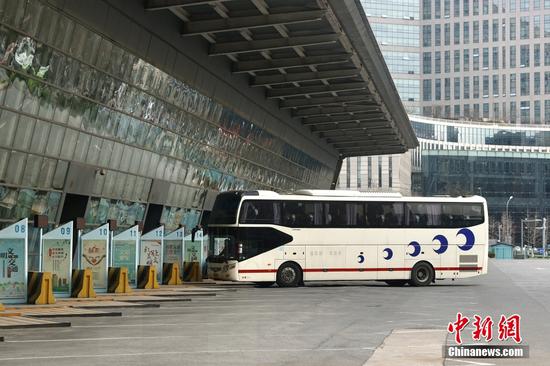








 京公网安备 11010202009201号
京公网安备 11010202009201号